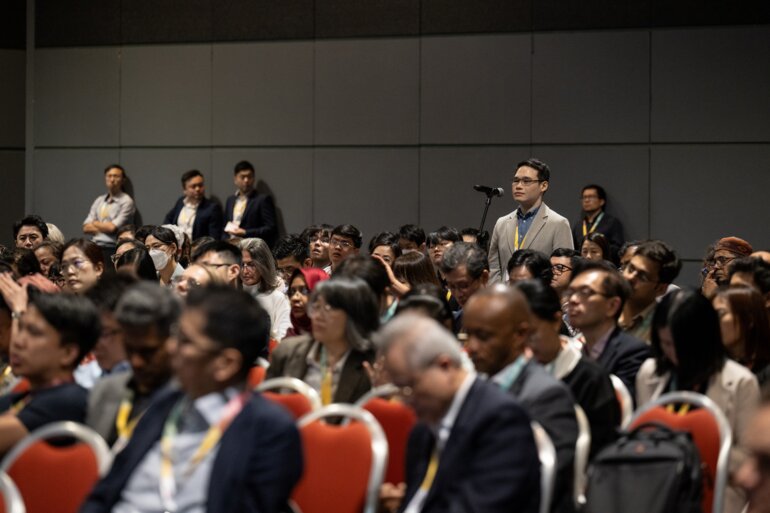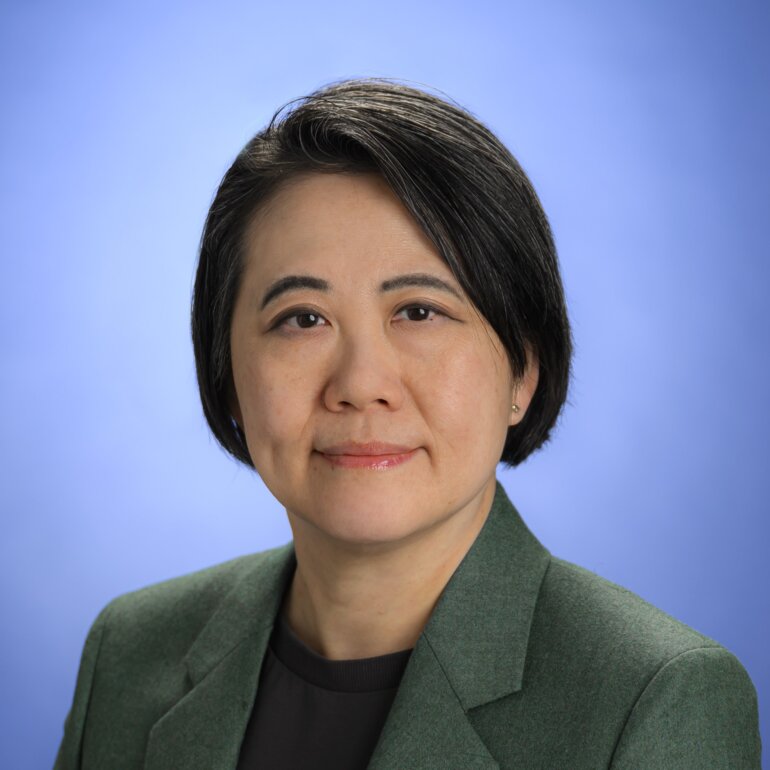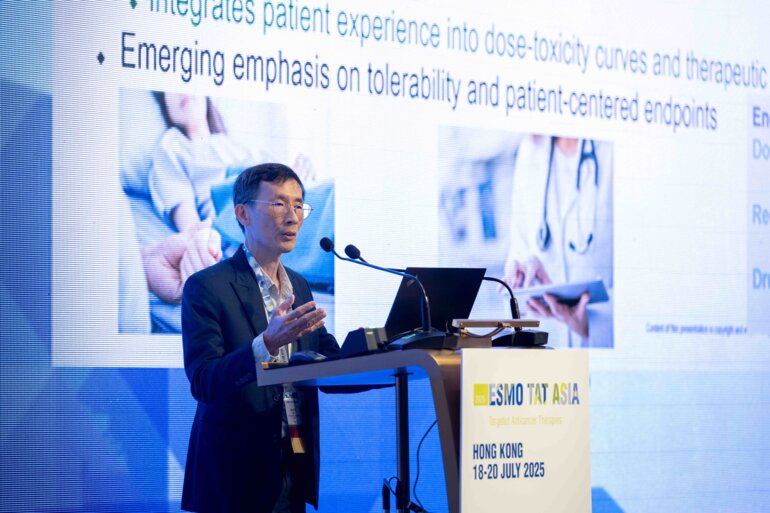The identification of mutation-derived neoantigens may help elicit antitumour immune responses in patients with cancer, but this approach is challenging
With the success of immune checkpoint inhibitors in the treatment of melanoma comes the increasing recognition of the role of mutation-derived neoantigens – neopeptides in HLA complexes – in mediating the antitumour immune response. Neoantigens represent important therapeutic targets by virtue of their restricted expression in disease tissue and their ability to elicit specific antitumour reactivity upon T-cell receptor (TCR) engagement.
With collaborators, my lab set up a neoantigen discovery pipeline, which entailed whole-exome sequencing (WES) of melanoma samples from six patients and one melanoma cell line in parallel with HLA-peptidome analysis of the cells’ HLA-I and HLA-II repertoires using mass spectrometry (Cancer Discov. 2018;8:1366–1375). Neoantigens and tumour-associated antigens presented by the tumour cells were identified and their interactions with tumour-infiltrating lymphocytes (TIL) were characterised. Our investigation of the antigenic and T-cell landscapes provided the first comprehensive analysis of cancer cell T-cell cosignatures and the discovery of remarkable antigenic and TIL similarities between metastases from the same patient.
Although a number of neopeptides has been identified, the challenges are that most of them are derived from non-recurring mutations that cannot be generalised beyond the individual patient. In contrast, recurring neopeptides that appear in a large group of patients make more ideal therapeutic targets for ‘off-the-shelf’ cellular treatments and vaccines. In our lab, we used a data-driven pipeline in an attempt to identify recurrent neoantigens, combining analysis of presentation and immunogenicity (J Clin Invest. 2021;131:e129466). A robustly presented and immunogenic RAS.Q61K-derived hotspot neoantigen was discovered in a substantial group of cancer patients. Furthermore, specific reactivity was identified within TILs from two unrelated patients, validating the neoantigen’s immunogenicity. Single-cell TCR sequencing of the CD8+ TILs revealed neoantigen-specific TCRs. Cloning these TCRs showed their ability to kill melanoma cells in a neoantigen-specific manner, making this discovery therapeutically relevant for thousands of cancer patients. These specific and robust TCRs are now being evaluated for a phase 1b clinical trial in melanoma patients.
An important area to be pursued involves a greater understanding of neopeptides from the ‘dark matter.’ Most neopeptides are derived from somatic mutations in the canonical space; however, we know that there are additional types of presented neopeptides that are recognised as non-self and will elicit an immune response, but that cannot be identified on WES of canonical sequences. One approach is to look at the full landscape of the cancer peptidome using more unbiased approaches. For example, we know that certain species of bacteria can colonise human tumours, proliferate and modulate immune function, thereby affecting the patient’s response to treatment. My research group recently used HLA peptidomics to identify a peptide repertoire derived from intracellular bacteria (Nature. 2021;592:138–143). A subset of bacteria-derived peptides were presented on HLA-I and HLA-II molecules in melanoma and induced immune reactivity.
Another interesting category of presenting neopeptides is derived from translational aberrations. When the translational machinery is impaired, aberrant peptides may be produced that are then presented on HLA molecules and, recognised as non-self, they may elicit an immune response. Testing out this hypothesis, we induced stress in melanoma cells by exposure to interferon-γ and this resulted in tryptophan depletion and ribosomal slippage (Nature. 2021;590:332–337). We identified out-of-frame peptides, some of which presented as immunogenic, which leads us to think there may be many other neopeptides derived from translation aberrations that could be identified in the future.
Finding more types of neopeptides should proceed in parallel with gaining a greater understanding of the biology, with a view to helping patients who do not have sufficient neopeptides presented to respond to immune checkpoint inhibitors. Perhaps by inducing neopeptides, we may be able, one day, to make non-responding patients more sensitive to immunotherapy.
Don’t miss:
Deciphering the highly complex antigen-presented landscape in cancer. MAP 2022
Keynote Lecture: Gordon Peters Lecture 16.10.22, h. 13:05 – 13:35, Auditorium.
Watch the session on demand on the Congress virtual platform.







